Jail house lovers put on notice, as new figures highlight the prominent issue
Despite all efforts to put an end to jail house affairs, new figures have revealed just how successful a crackdown has been.
Police & Courts
Don't miss out on the headlines from Police & Courts. Followed categories will be added to My News.
Prison officers who engage in jail house romps with inmates have been put on notice – warned they will be dealt with under the “full force” of the law, but new figures have revealed just nine guards have been convicted for inappropriate relationships since 2019.
Almost 40 cases of inappropriate relationships between Corrective Services NSW staff and inmates have been referred to ICAC since 2019 – but only a handful of those have resulted in criminal convictions.
Staff terminations and resignations have been the common outcome in several cases of alleged jail house affairs – despite Corrections commissioners vowing to crack down on the issue and promising heavy handed punishments.
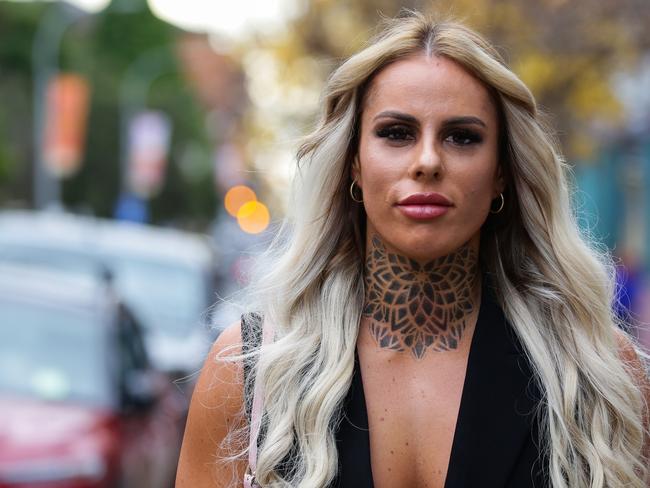
Last year, former Corrective Services commissioner Kevin Corcoran warned that staff engaging in illicit affairs with inmates “will be caught”, vowing to toughen penalties.
“There are a range of punishments for such relationships, ranging from internal disciplinary measures to police charges and possible imprisonment,” he wrote.
“In my view the punishment received by most staff caught in these relationships is not sufficiently tough, and I am seeking advice on how we can strengthen penalties, with more certainty of criminal charges.”
New laws were introduced in 2018 that would see corrections staff caught having affairs with inmates face up to two years in jail – but in the five years since, not one has copped a prison sentence.
Just 11 cases have progressed to the courts since then, and only nine have proceeded to sentence, while two cases were dropped due to mental health.
Not one CSNSW staff member charged with the offence of “engage with inmate cause safety risk” has been jailed – instead they’ve just received community based sentences.
In January, former South Coast Correctional Centre officer Liana Braithwaite to 80 hours of community service and a one-year good behaviour order after she pleaded guilty to intimate relations with bikie boss Justin Bell on at least three occasions in October last year.
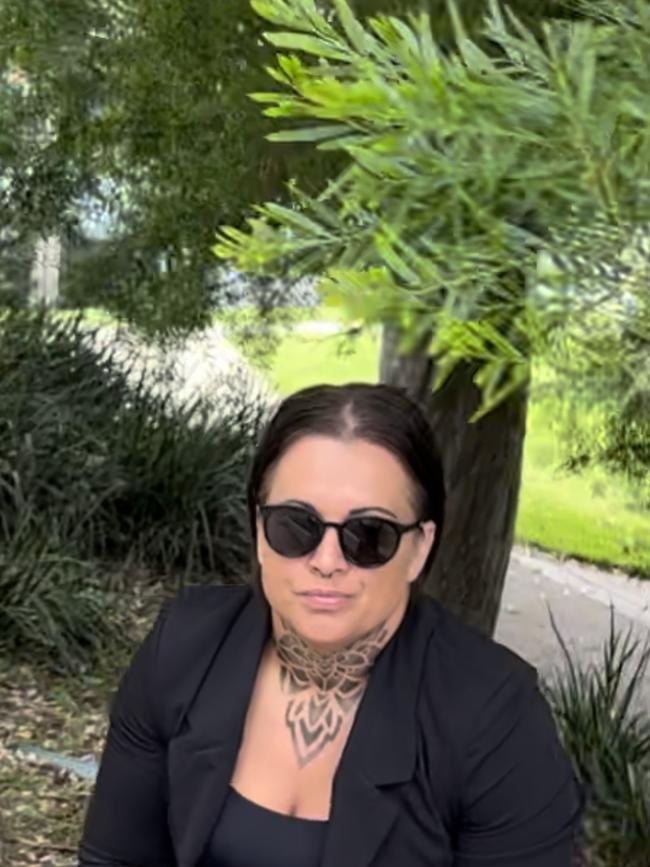
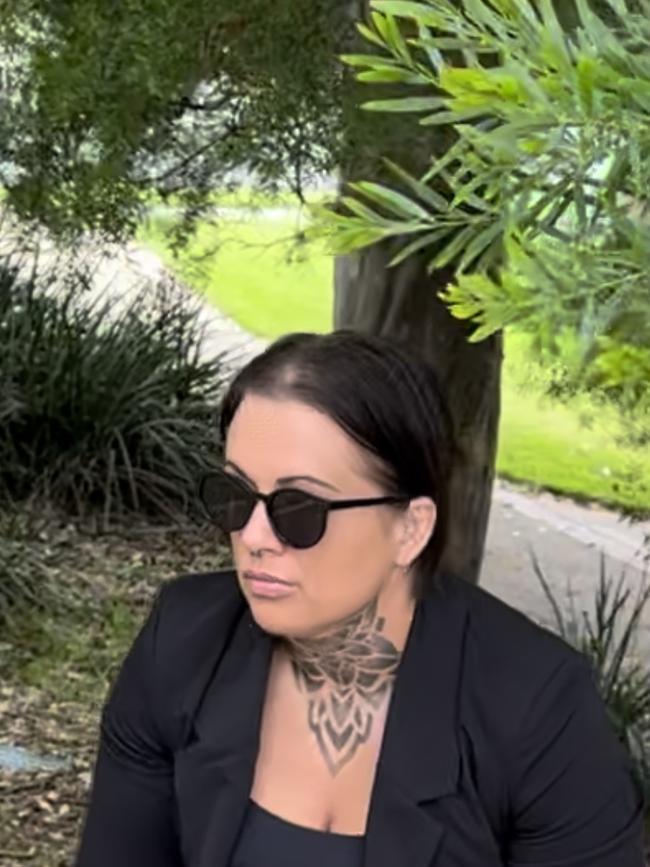
When the scandal first broke in 2018 that female prison officer Amy Connors was having an emotional affair with a convicted cop killer, then NSW Corrections Minister David Elliott put his job on the line over the issue, vowing he would change the laws.
Six years later he said the lack of convictions “was doing a massive disservice to the reputation of (correctives staff) and has a massive effect on morale.”
Two female guards were stood down last year over allegations of inmate relationships at Mid North Coast and Wellington jails – it’s understood they’ve both resigned and charges have not been laid by police.
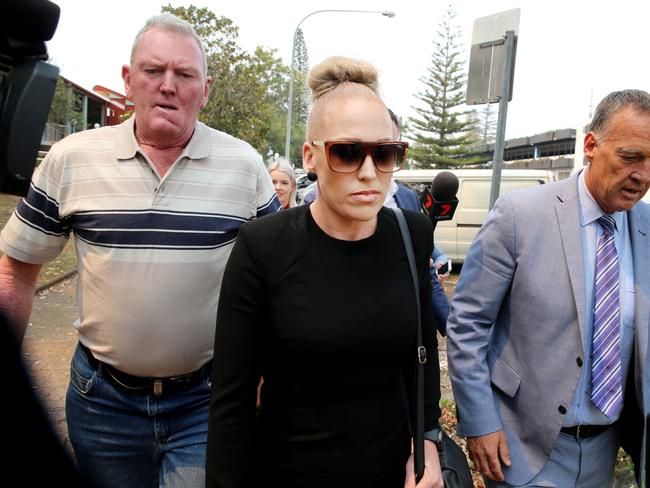
“Where is the disincentive to do the wrong thing if they know that all they need to do is resign,” Mr Elliott said.
“I likened it to treason, when you’re going to turn on your employer, there needs to be a punitive action.”
Minister for Corrections Anoulack Chanthivong said prisons were “cracking down” on staff and inmate relationships – and was working to strengthen the investigations process.
“We’re cracking down on misconduct and the government expects any misconduct to be met with the full force of the law,” he said.
“This kind of misconduct is an affront to the majority of staff who do the right thing and it fails the inmates trusted to the care of our corrections system.
“Since the Astill inquiry, we’re pushing ahead with changes to lift standards and stamp out misconduct through the Corrective Services Reform Unit.
“That work includes putting in place better procedures to manage allegations of misconduct and deliver more effective and timely investigations.”

In sensitive Correctives Services documents leaked earlier this year, it was revealed at least 36 incidents of inappropriate relationships between staff and inmates had been referred to the Independent Commission Against Corruption since 2019.
Every allegation of this type must be reported to ICAC for investigation, before CSNSW removes the person from the workplace, and refers the claims to NSW Police who work within the Corrective Services Investigation Unit to determine whether charges will be laid.
In several instances referred to in the ICAC referral documents, guards accused of inmate relationships resigned or terminated – without proceeding to criminal charges.
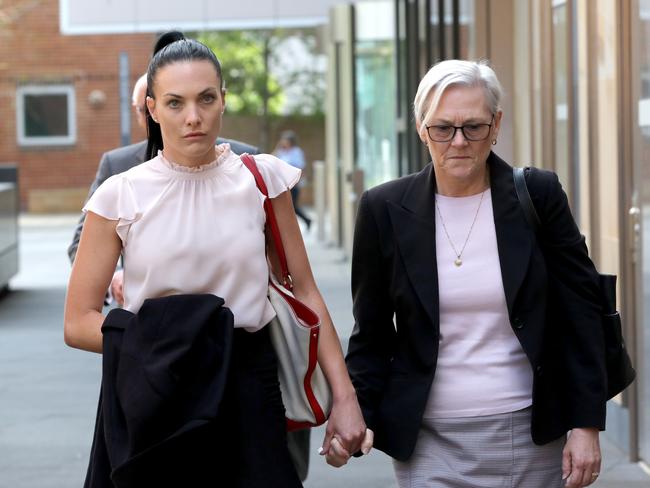
In one instance, a first class correctional officer was issued the outcome of “termination (with an opportunity to resign within seven days)” following a misconduct process into an inappropriate relationship. The officer resigned and no charges were laid.
An officer at Shortland Correctional Centre also resigned in 2021, after allegedly having an intimate relationship with an inmate. Criminal charges were not pursued.
In a statement, CSNSW said it had taken steps to reduce inappropriate relationships.
“(We have) establishment of a Sexual Misconduct Reporting Line for inmates to report sexual misconduct by staff and expanding the hours for inmates to make complaints,” a spokesman said.
“We have also provided better information to inmates about how to make complaints.”
It’s understood commissioning CSNSW has also commissioned an independent study by the University of NSW, to make further improvements to reduce inappropriate relationships.





